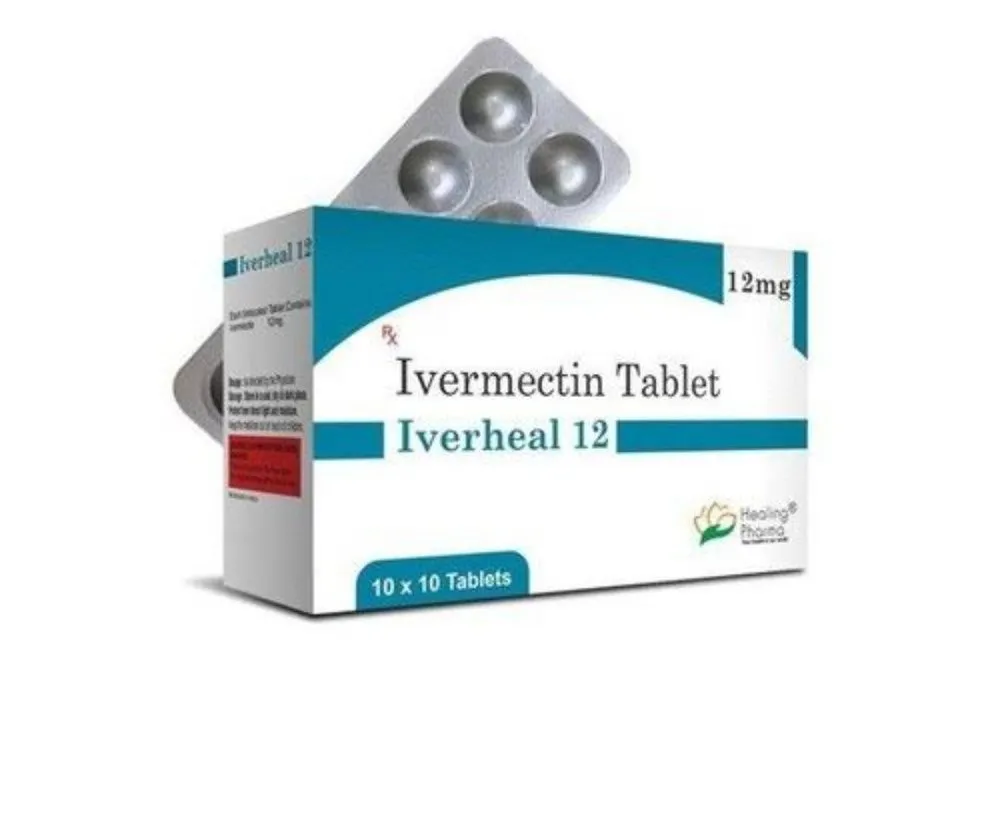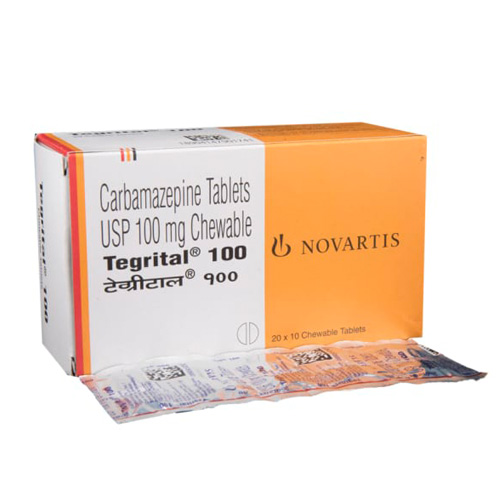-
- Ivermectin is an inhibitor of the COVID-19 causative virus (SARS-CoV-2) in vitro.
- A single treatment able to effect ~5000-fold reduction in virus at 48 h in cell culture.
- Ivermectin is FDA-approved for parasitic infections, and therefore has a potential for repurposing.
- Ivermectin is widely available, due to its inclusion on the WHO model list of essential medicines.
Although several clinical trials are now underway to test possible therapies, the worldwide response to the COVID-19 outbreak has been largely limited to monitoring/containment. We report here that Ivermectin, an FDA-approved anti-parasitic previously shown to have broad-spectrum anti-viral activity in vitro, is an inhibitor of the causative virus (SARS-CoV-2), with a single addition to Vero-hSLAM cells 2 h post infection with SARS-CoV-2 able to effect ~5000-fold reduction in viral RNA at 48 h. Ivermectin therefore warrants further investigation for possible benefits in humans.
To further determine the effectiveness of ivemectin, cells infected with SARS-CoV-2 were treated with serial dilutions of ivermectin 2 h post infection and supernatant and cell pellets collected for real-time RT-PCR at 48 h (Fig. 1C/D). As above, a >5000 reduction in viral RNA was observed in both supernatant and cell pellets from samples treated with 5 μM ivermectin at 48 h, equating to a 99.98% reduction in viral RNA in these samples. Again, no toxicity was observed with ivermectin at any of the concentrations tested. The IC50 of ivermectin treatment was determined to be ~2 μM under these conditions. Underlining the fact that the assay indeed specifically detected SARS-CoV-2, RT-PCR experiments were repeated using primers specific for the viral RdRp gene (Fig. 1E/F) rather than the E gene (above), with nearly identical results observed for both released (supernatant) and cell-associated virus.
Taken together these results demonstrate that ivermectin has antiviral action against the SARS-CoV-2 clinical isolate in vitro, with a single dose able to control viral replication within 24–48 h in our system. We hypothesise that this is likely through inhibiting IMPα/β1-mediated nuclear import of viral proteins (Fig. 1G), as shown for other RNA viruses (Tay et al., 2013; Wagstaff et al., 2012; Yang et al., 2020); confirmation of this mechanism in the case of SARS-CoV-2, and identification of the specific SARS-CoV-2 and/or host component(s) impacted (see (Yang et al., 2020)) is an important focus future work in this laboratory. Ultimately, development of an effective anti-viral for SARS-CoV-2, if given to patients early in infection, could help to limit the viral load, prevent severe disease progression and limit person-person transmission. Benchmarking testing of ivermectin against other potential antivirals for SARS-CoV-2 with alternative mechanisms of action (Dong et al., 2020; Elfiky, 2020; Gordon et al., 2020; Li and De Clercq, 2020; Wang et al., 2020) would thus be important as soon as practicable. This Brief Report raises the possibility that ivermectin could be a useful antiviral to limit SARS-CoV-2, in similar fashion to those already reported (Dong et al., 2020; Elfiky, 2020; Gordon et al., 2020; Li and De Clercq, 2020; Wang et al., 2020); until one of these is proven to be beneficial in a clinical setting, all should be pursued as rapidly as possible.
Ivermectin has an established safety profile for human use (Gonzalez Canga et al., 2008; Jans et al., 2019; Buonfrate et al., 2019), and is FDA-approved for a number of parasitic infections (Gonzalez Canga et al., 2008; Buonfrate et al., 2019). Importantly, recent reviews and meta-analysis indicate that high dose ivermectin has comparable safety as the standard low-dose treatment, although there is not enough evidence to make conclusions about the safety profile in pregnancy (Navarro et al., 2020; Nicolas et al., 2020). The critical next step in further evaluation for possible benefit in COVID-19 patients will be to examine a multiple addition dosing regimen that mimics the current approved usage of ivermectin in humans. As noted, ivermectin was the focus of a recent phase III clinical trial in dengue patients in Thailand, in which a single daily dose was found to be safe but did not produce any clinical benefit. However, the investigators noted that an improved dosing regimen might be developed, based on pharmacokinetic data (Yamasmith et al., 2018). Although DENV is clearly very different to SARS-CoV-2, this trial design should inform future work going forward. Altogether the current report, combined with a known-safety profile, demonstrates that ivermectin is worthy of further consideration as a possible SARS-CoV-2 antiviral.
You can find all the latest information, trials and clinical reports on Ivermectin and Covid-19 on the FLCCC Alliance website:


